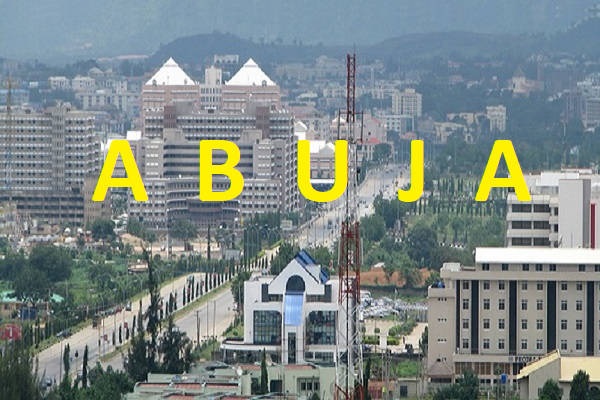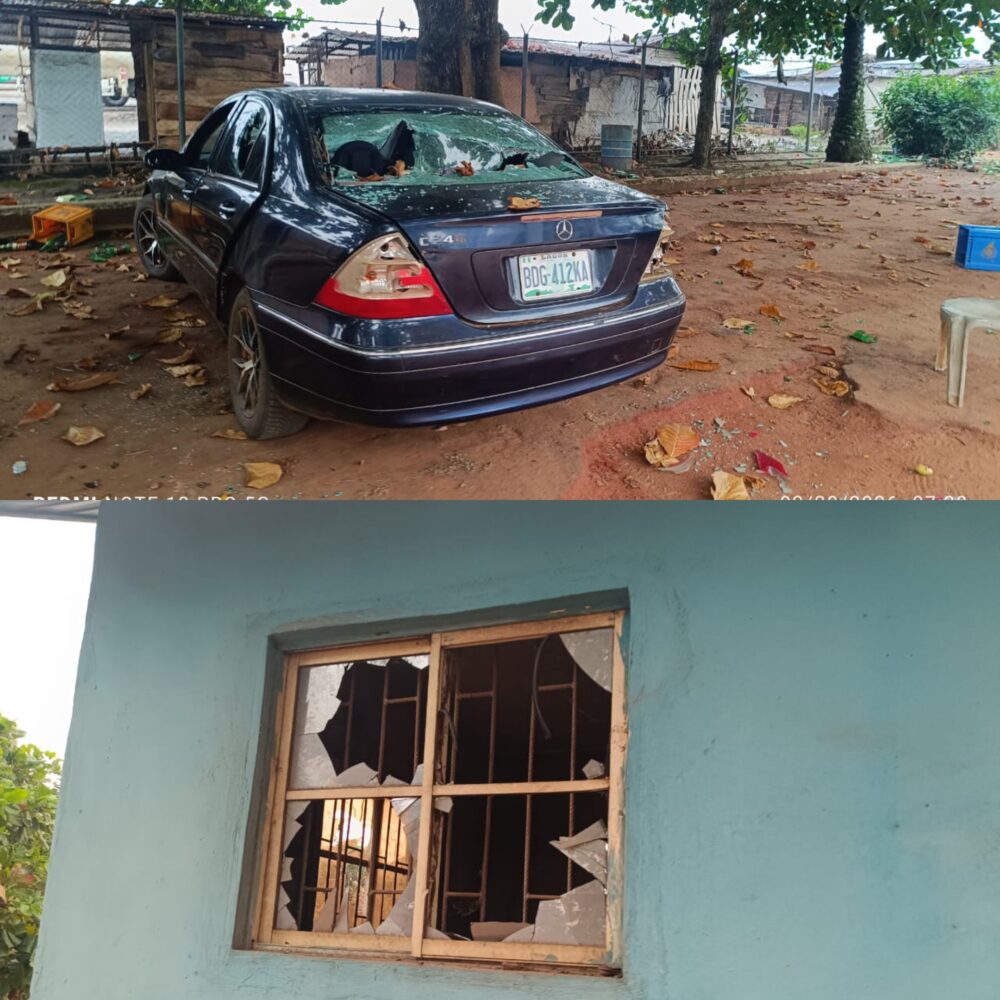Residents of Mpape, a suburb of the Federal Capital Territory (FCT), located in Bwari Area Council, Abuja, were jolted up by a tremor that shook buildings and sent shock waves across the axis.
Diaspora Digital Media (DDM) learnt that the “scary” incident started over the weekend and continued till the early hours of Tuesday.
The tremor reportedly left residents in a panic as the incident had been witnessed in the region just once before.
The first Abuja tremor incident, reports News Band, an online media, happened on Wednesday, September 5, 2018.
According to the medium, residents were shocked when the ground shook under their feet around 8 PM.
It was followed by another tremor that occurred around 4 AM, barely 8 hours after the first one.
The impact was felt around Mpape-Mararaba-Maitama axis of Abuja.
The incident occurred four years ago and had far-reaching effects in nearby districts like Gishiri, Jahi, Maitama, Asokoro and as far as Mararaba in Nasarawa State.
The area was known for its abundant rocks and heavy mining activities which includes regular bomb blasts.
A personnel of one of the relevant government agencies that monitor mining in the capital territory was contacted.
He confirmed that the tremor is not unconnected to mining activities in the axis.
He explained that due to regular and unmonitored blasts, parts of the earth crusts must have cracked up leading to irregular earth movement.
However, they assured that they are still studying the development and its possible causes to help proffer solutions.
Following that incident, the National Emergency Management Agency (NEMA) had placed a temporary ban on mining activities in the area.
The ban, however, only lasted for three months before mining operations resumed.
There was, therefore, palpable apprehension among Mpape residents when another tremor rocked the community for three consecutive days.
Some residents, who spoke to DDM narrated their ordeal. Ebere Joy Orji said:
“Brother and sisters, please are you all feeling the ground shake. The shake is real.
“Maybe you should come to Abuja so that we can all have the shake together.
“The shake pulled me down from my bed yesterday. May Jehovah protect us all.”
Another resident, Mr. John Jack said: “I noticed it in the afternoon, but don’t fear, Jah will protect his people.”
One other resident, Ms. Blessing Orji lamented: “We have been experiencing it here for more than three days.
“All my neighbors rushed outside late last night.”
Mr. Joshua Michael, while confirming the story, said:
“The ground is really shaking especially for those that lives in a storey building or upstairs.
“The shake is really scaring.
“I myself ran out of my room upstairs while I was eating. I ran with my food, sha, downstairs.
“Last night I had to wake up in the middle of the night because the shake pulled me to the ground.”
Mpape community is known for its quarrying activities, but residents said this tremor felt different.
Earth tremor in Kaduna State
It could be recalled that an earth tremor was reported in Kaduna State in 2015 but no casualties were recorded.
Prior to the Kaduna incidence, tremors had been reported in Osun and Cross River States.
What is earth tremor?
An Earth tremor is a small earthquake or seismic event that causes the ground to shake, often without causing significant damage or harm. Tremors are typically characterized by:
Causes:
1. Movement of tectonic plates
2. Volcanic activity
3. Human activities (mining, injection of fluids into the ground)
4. Natural subsidence (settling of the Earth’s surface)
Characteristics:
1. Low magnitude (usually < 3.0 on the Richter scale)
2. Shallow depth (near the Earth’s surface)
3. Short duration (seconds to minutes)
4. Localized impact (affecting a small area)
Types of tremors:
1. Tectonic tremors (related to plate movement)
2. Volcanic tremors (associated with volcanic activity)
3. Human-induced tremors (caused by human activities)
4. Ice tremors (occurring in glaciers or ice sheets)
Effects:
1. Mild shaking or vibrations
2. Rattling of objects
3. Minor structural damage (cracks in walls, etc.)
4. Anxiety or alarm among people in the affected area
Difference from earthquakes:
1. Magnitude: Tremors are generally smaller than earthquakes.
2. Impact: Tremors typically cause minimal damage, while earthquakes can cause significant destruction.
3. Duration: Tremors are usually shorter-lived than earthquakes.
Measuring tremors:
1. Seismometers (instruments that detect ground motion)
2. Accelerometers (measure acceleration of the ground)
3. Magnitude scales (Richter scale, moment magnitude scale)
Safety tips:
1. Stay calm
2. Drop, Cover, and Hold On (if indoors)
3. Evacuate if instructed by authorities
4. Be prepared for aftershocks
It’s worth noting, meanwhile, that while earth tremors can be unsettling, they are usually minor and do not cause significant harm.
Source: Diaspora Digital Media





